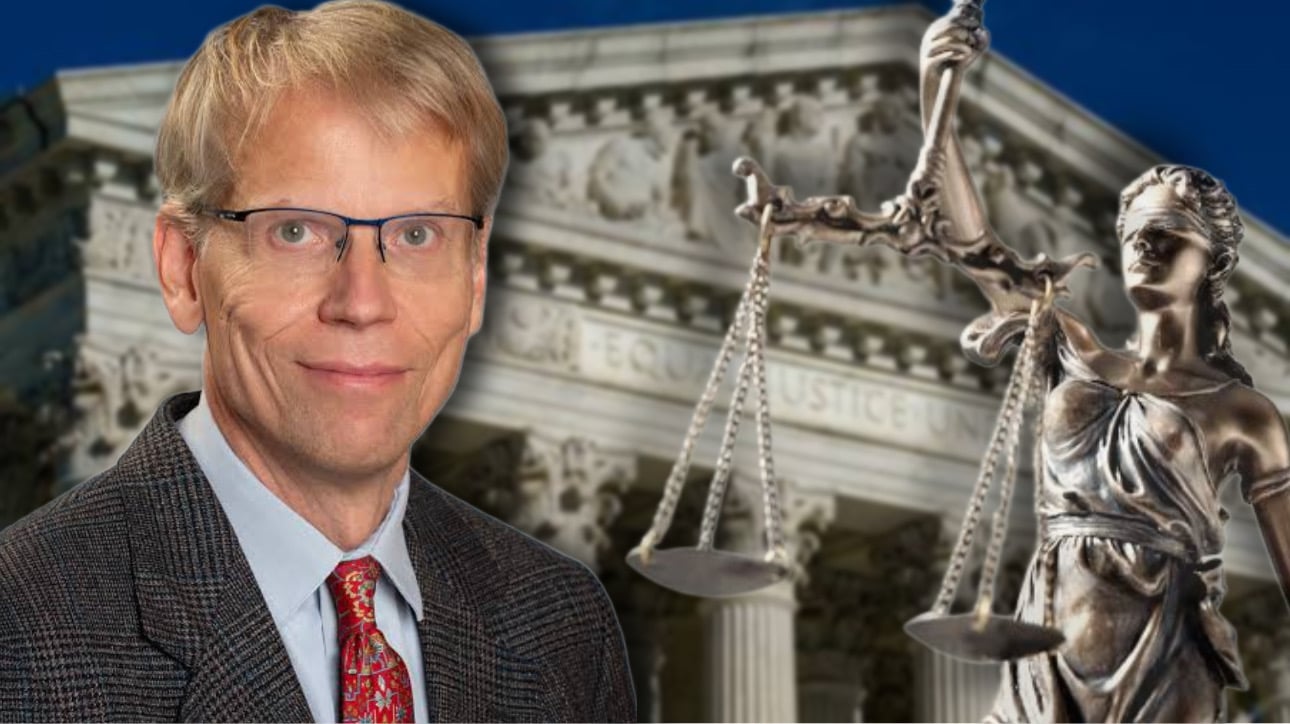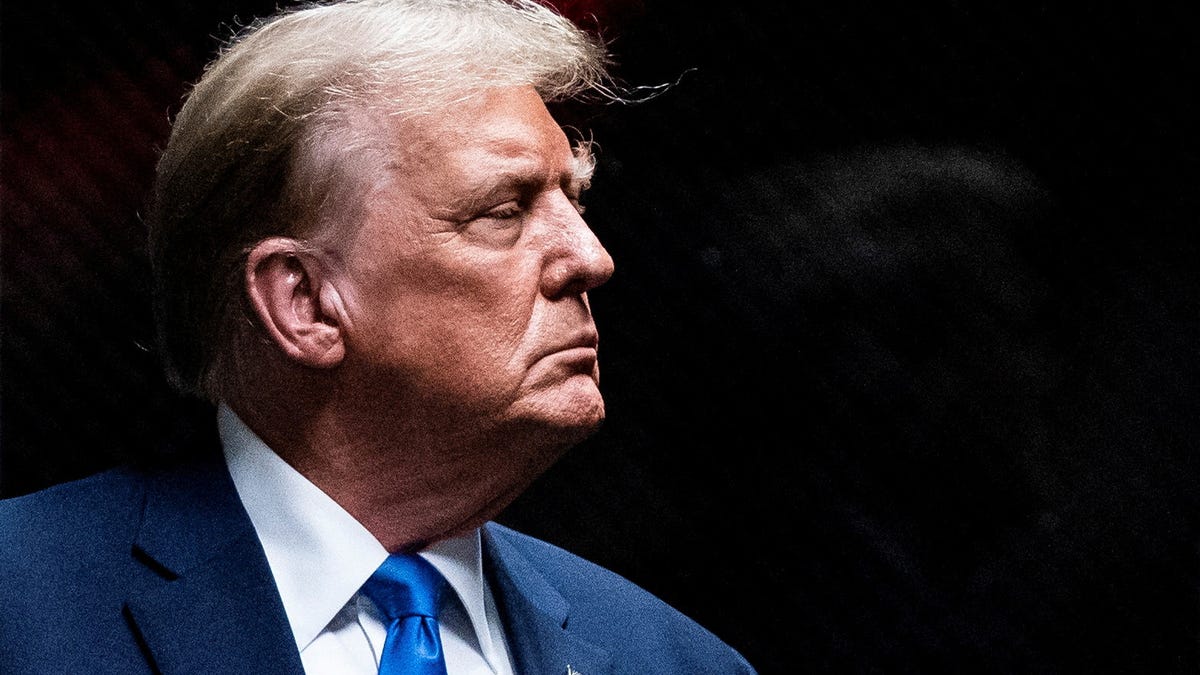The Influence of Facial Recognition and Artificial Intelligence on Political Orientation
A recent study published in the peer-reviewed American Psychologist journal sheds light on the intriguing relationship between facial recognition technology, artificial intelligence, and political orientation. The study, authored by researchers at the Graduate School of Business at Stanford University, delves into the fascinating realm of biometric surveillance and its implications for society at large.
Research Methodology and Findings
Prior to conducting the experiment, researchers had 591 participants complete a political questionnaire to ascertain their political beliefs. Subsequently, these individuals were subject to an AI algorithm scan developed by the researchers, with the aim of assessing their placement on the political spectrum. Remarkably, the algorithm displayed a high level of accuracy in determining an individual’s political orientation, even when demographic factors such as age, gender, and ethnicity were omitted.
Moreover, the study revealed that the algorithm’s predictive accuracy substantially improved when incorporating additional data points such as participants’ age, gender, and ethnicity. This degree of precision was likened to the efficacy of job interviews in predicting job success or the impact of alcohol on aggressiveness.
Facial Morphology and Political Orientation
Distinct differences in facial morphology were observed between individuals identified as the most liberal and conservative in the study. Liberals were found to exhibit smaller lower faces, downward-shifted lips and noses, and smaller chins in comparison to conservatives. This humorous association led researchers to humorously conclude that individuals with petite faces tend to lean towards progressive ideologies, while those with fuller faces may be more inclined towards conservative beliefs.
The study also delved into the influence of social expectations on physical appearances and their subsequent impact on personality development. It posited that facial appearance can shape psychological traits, with people often making accurate judgments regarding an individual’s political orientation based solely on facial features.
Implications for Biometric Surveillance Technologies
One of the most striking implications of this research is the potential threat posed by biometric surveillance technologies in the context of political messaging and targeting online. The study warns that widespread use of facial recognition and AI technology could have far-reaching consequences, raising concerns about privacy and individual autonomy.
In essence, the study underscores the intricate interplay between facial characteristics and political leanings, challenging conventional notions of privacy and autonomy in an increasingly digitized world. The implications of these findings are profound and warrant further investigation into the ethical implications of biometric surveillance.
Image/Photo credit: source url





